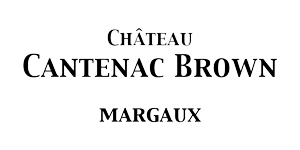Oenology : definition
The word oenology comes from the Greek “oînos” (wine) and “lógos” (science). It refers to the science of studying and learning about wines. The fields of application of oenology range from the cultivation of the vine to the elaboration of wine, its maturation and packaging.
Introduction to oenology
The introduction to oenology consists of learning to taste, to identify the origins, to discern the method of vinification and to distinguish the different categories of wine. It is divided into two stages: theory and practice. The theoretical part allows to understand the production, the culture, the use of materials and the conservation of wine. The practical part consists of tasting, identifying and differentiating the different types of wine.
This initiation can take several formats:
- Exchange of 3/4 hours around the wine
- An oenological weekend stay
- An in-depth initiation, which takes place between 2 and 3 months at a rate of 2 sessions per week
What is an oenologist?
The title of oenologist designates a person who masters the science of wine, the profession has been recognized since 1955 in France.
The missions of an oenologist are multiple. First of all, he advises the wine growers in the production of wine. Then, he supervises the vinification. Finally, he promotes and accompanies the marketing of the wine.
In order to accomplish these different actions, the oenologist must master very specific skills. His knowledge of biochemistry, vine biology and winemaking techniques gives him rigor, analytical skills and an investigative spirit. This scientific approach makes him capable of detecting problems in wine production and finding their origin. Moreover, his lifestyle must be impeccable in order to preserve two essential tools of his trade: his nose and his palate.


